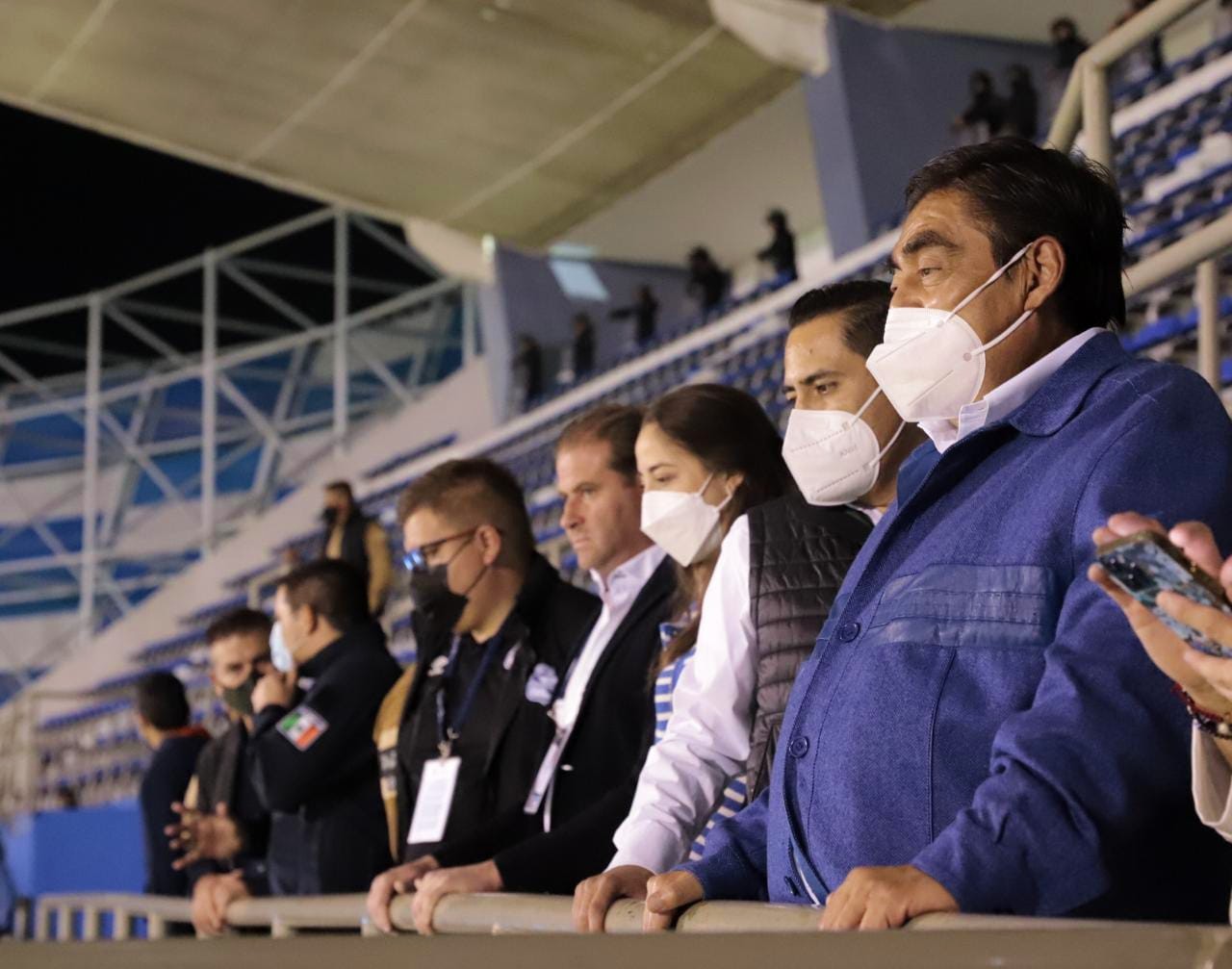The Minister in charge of Strategic Projects and Special Programs of the Presidency (propeep), Neney Cabreraand the director of National Health Service (SNS), doctor Old Marioled this Friday a day of social inclusion at the Anacaona educational center, located in the municipality of Villa Jaragua, in the province of Bahoruco.
“We came here today in order to start working, because this is not a specific day to impact each of the citizens who live here, and we are leaving, no, here what we do is register each one of you, who come to seek a service from the Dominican State, to accompany you, so that in some way, you get out of that vicious circle that affects you, which is poverty”, said Minister Cabrera, speaking at the opening ceremony of the working day.
The official stated that the instructions given by President Luis Abinader have been precisely to bring the services of State institutions directly to the most vulnerable and impoverished sectors of the entire national territory, in order to improve their quality of life.
On his side, the director of the National Health Service (SNS), Old Mariorevealed that the Cancer Breast cancer is the most common in women, followed by cervical cancer, and prostate cancer is the most common in men.
He stressed that these types of services are extremely important, because in the southern provinces there is no specialized center for the detection of these types of Cancerso its residents are forced to travel to Santo Domingo to receive this care.
The official explained that three mobile units with technological equipment were installed on the day, with the participation of more than 50 specialists, including gynecologists, oncologists, urologists, radiologists, sonographers, internists, and technicians, among others.
“These mobile units have all the technology, quite advanced ultrasonography equipment, a specialized body of radiologists, sonographers, gynecologists, urologists, who accompany us,” said Lama.
Also the performance of specialized tests, through the SNS. “We take molecular markers to see if there are any abnormalities that suggest the possibility of a problem in men,” he said.
He stated that, in case of detecting any suspicious alteration, they refer him to a specialized medical center, where they accompany him and cover the cost of the treatment, if necessary.
She reported that every woman 40 years of age or older qualifies to have a mammogram, but that those who are younger can have a breast sonogram, “because there are young women who can also have alterations and it is good that they can find out about any health problem early on. her body”.
With respect to Cancer of prostate in men, said that they must undergo an evaluation process, which includes a blood test and clinical evaluation “by our urologists”, and that if they see any suspicion, they direct it and accompany it to the National Institute of Cancer Rosa Emilia Sánchez (Incart), in Santo Domingo, where they do a biopsy and, if it turns out positive, they will receive the treatment of Cancer free.
In addition to screening tests for Cancerthe mobile units arranged by the SNS in the sessions have electrocardiographs, with monitors, glucometers, and medical personnel to offer general and specialized medicine consultations.
In the sessions, implemented through the Program for the Reduction of Extreme Poverty and the Promotion of Social Inclusion “Dominicana Digna”, dentistry and ophthalmology services were offered, baskets were given with products from the family basket, Promese-Cal medicines, crutches, wheelchairs, canes, among other goods that the beneficiaries need.
Also participating in the conference are Promese-Cal, the Price Stabilization Institute (Inespre), the National Health Insurance (Senasa), the National Disability Council (Conadis); the National Council for the Elderly (Conape), the Ministry of Public Health (MSP) and the Economic Kitchens of the Presidency.
Also the Vocational Schools of the Armed Forces and the National Police, the Ministry of Labor, the National Institute for the Integration of Early Childhood Care (Inaipi), the National Institute for Professional Technical Training (Infotep), the Community Youth Police, the Central Electoral Board (JCE) and the Technological Institute of the Americas (ITLA).
In addition to the minister Neney Cabreraand the director of SNS, doctor Old MarioSenator Melania Salvador, Mayor Iván Medina, Provincial Governor Juana Cristina Mateo, Major General Otane Jiménez, General Director of the Vocational Schools of the Armed Forces and the National Police, as well as personalities, officials from propeepand representatives of other public institutions.


